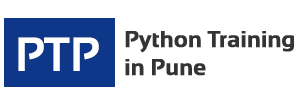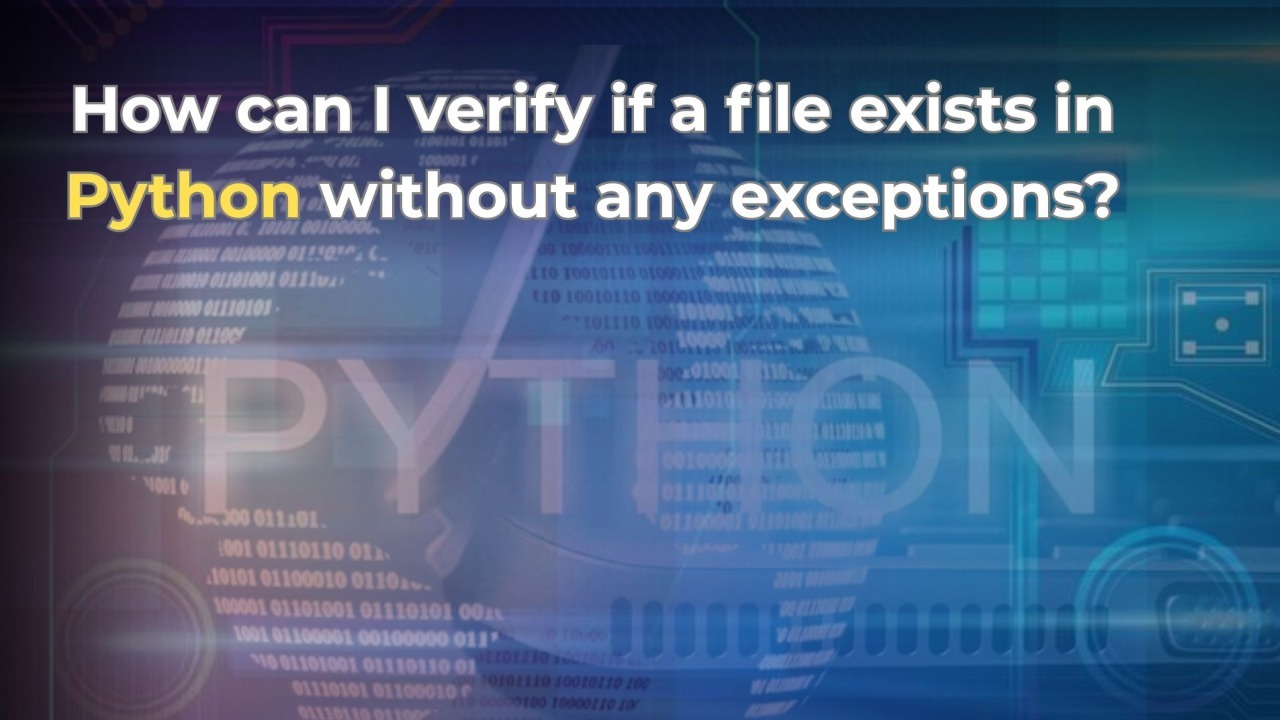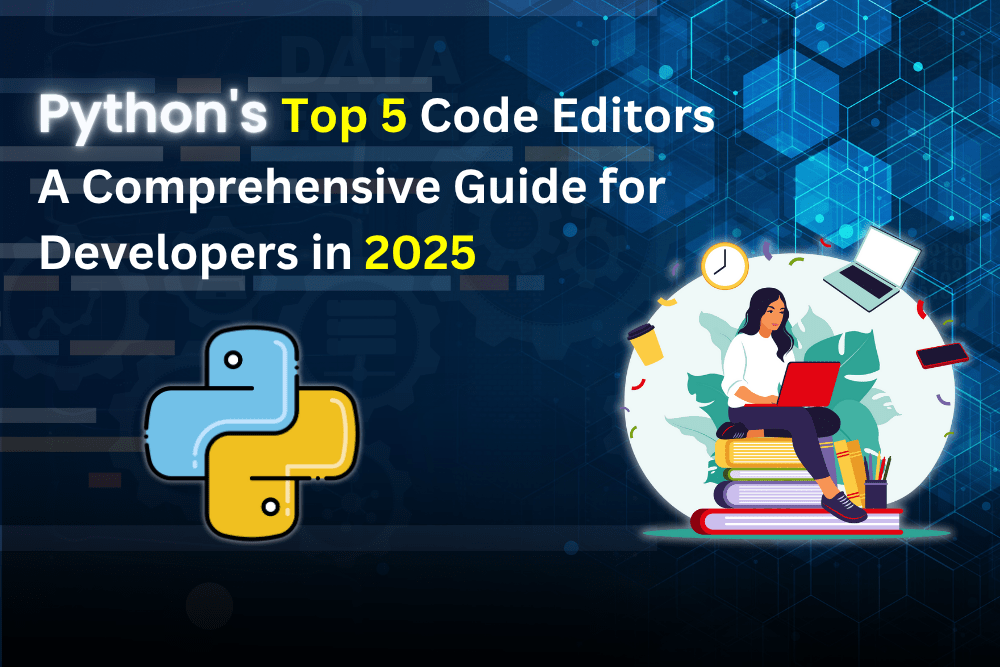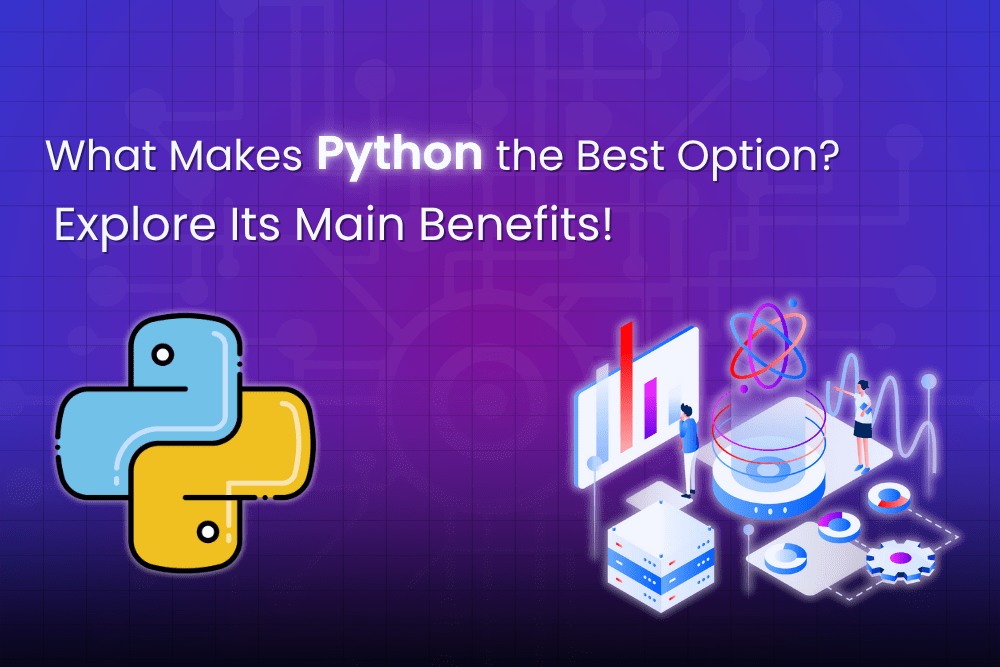Python has become one of the most widely used programming languages, and there is a great demand for Python developers. A rigorous interview procedure is probably in store for you if you’re hoping to become a Python developer. We’ve put up a list of the top five strategies to ace your Python developer interview to help you get ready and improve your chances of getting accepted. These pointers will cover a wide range of topics in the interview, from technical expertise to soft skills, making sure you are ready for any obstacles that may arise.
Tips to Crack Your Python Developer Interview
1.Review Data Structures and Algorithms:
Cracking a Python developer interview requires a solid understanding of data structures and algorithms. Because Python is such a flexible language, employers frequently anticipate that applicants will have a solid background in problem-solving and data manipulation.
Understanding data structures and algorithms is fundamental for acing a Python developer interview. Python is a versatile language, and interviewers often expect candidates to have a strong foundation in data manipulation and problem-solving. Here’s how you can excel in this area:
a. Data Structures: Examine common data structures such as arrays, dictionaries, sets, and lists. Recognise their traits, applications, and effective manipulation techniques.
b. Algorithms: Learn the fundamentals of sorting, searching, and recursive algorithms. Be ready to evaluate and optimise code based on the complexity of space and time.
c. Analysing Complex Problems: Work on solving complicated problems and explaining your reasoning. There are plenty of coding challenges available on sites like LeetCode, HackerRank, and CodeSignal to help you improve your skills.
Our Python Web Development Training makes it super easy to be a Python developer.
2. Understand How to Write Code on Paper or a Whiteboard:
A common practice in Python developer interviews is to code on a whiteboard or paper during the interview process. Unlike computer programming, this requires precise expression of your thoughts. Here are some tips to get you there:
a. Practice writing code by hand or on a whiteboard without using an IDE. Give importance to clarity and correctness.
b. Explain as You Go: As you develop code, speak out loud about your thought process. This makes your approach and problem-solving abilities more clear to the interviewer.
Maintain a code that is neat and organized. Avoid errant deletions and excessive editing.
3. Demonstrate Your Projects:
In a Python developer interview, showcasing your real-world experience is essential. Your projects offer concrete proof of your abilities and development-related enthusiasm. Here’s how to efficiently utilise your projects:
a. Build a Portfolio: Make an online portfolio or repository of your own projects a Portfolio. Construct and file your work, allowing interviewers to scrutinize it.
b. Discuss Project Details: In the interview, be ready to talk about the difficulties you overcame, the solutions you put in place, and the results of your projects. Describe how the job you did helped you develop as a developer.
c. Highlight Your Open-Source Contributions: If appropriate, highlight the work you’ve done on open-source projects. This illustrates your capacity for cooperation and teamwork in a development environment.
4 .Having a Basic Knowledge of HTML5, CSS3, and JavaScript for Front-end Development:
Python developers must possess a foundation in front-end technology to work on web applications that involve front end technologies. If you have a grasp of HTML5, CSS3, and JavaScript, you will be more versatile and attractive. The following points are important to address:
a. HTML5: Discover the basics of HTML5, including tags, attributes, and page structure. Observe the impact of semantic elements on accessibility and SEO.
b. CSS3: Learn the fundamentals of using CSS3 to style webpages. Understand how to utilise the box model, properties, and selectors. It is also helpful to understand the fundamentals of responsive design.
c. JavaScript: Learn the fundamentals of JavaScript for client-side interactions. Pay attention to AJAX, event handling, and DOM manipulation. It’s crucial to comprehend asynchronous programming.
5. Know the Basics of Other Technologies: A valuable quality in the ever changing tech business is being well-rounded and adaptive. Even if Python is your main language, it’s helpful to have a fundamental understanding of other technologies that are frequently used in tandem with Python. Here are some crucial points to think about:
a. Databases: Databases: a Understand about the various kinds of databases, including NoSQL and SQL databases. Be familiar with the CRUD (Create, Read, Update, Delete) process.
b. Version Control Systems: Acquire a basic understanding of Git and other version control systems. Possess the ability to merge code, commit changes, and create branches.
c. API Integration: Be familiar with sending HTTP queries and interacting with third-party APIs. Understand JSON and REST.
d. Virtualization and Containers: Gain a basic understanding of containerization tools such as Docker and virtualization techniques such as VirtualBox. This is especially important if you’re looking for jobs in deployment or DevOps. Stand out with our STEP in Python Full Stack Development Course
Conclusion:
In conclusion, mastering a Python developer interview requires an extensive approach that includes technical know-how, real-world experience, and flexibility. You can distinguish yourself as a well-rounded applicant by reviewing data structures and algorithms, honing your whiteboard coding skills, exhibiting your projects, learning front-end technology, and expanding your knowledge of other technologies. Recall that interviews evaluate your problem-solving, communication, and adaptability skills in addition to your technical proficiency. You can be well-prepared and improve your chances of passing the Python developer interview by paying attention to these five crucial pointers, which will offer up intriguing employment options.
Read more :Top 50 Python Interview question Aand Answers for Fresher And Experts
